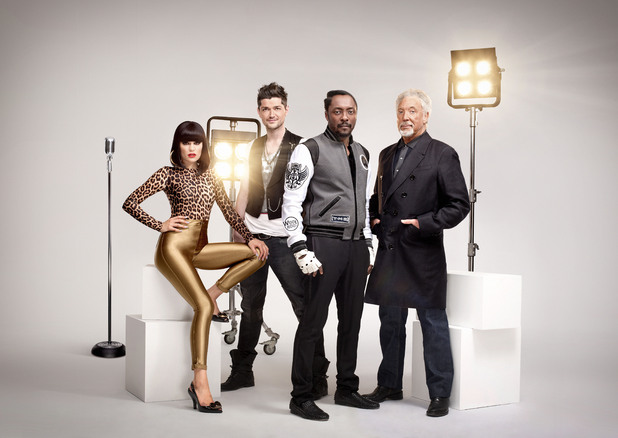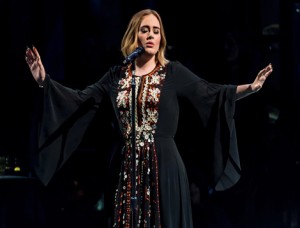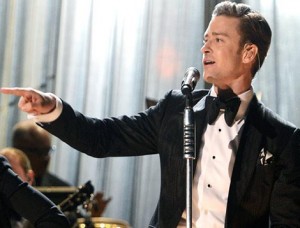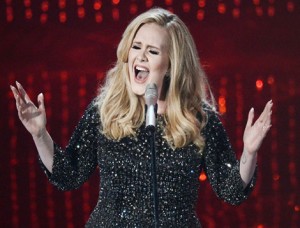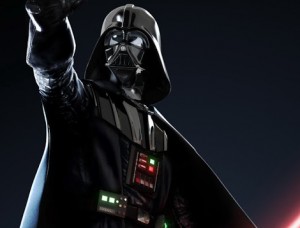MP questions The Voice’s promotion of record label
The Voice has been dubbed as an ‘expensive advert’ for Universal following an attack on the BBC show by a Conservative MP.
Yesterday the MP attacked the BBC for spending £22million of licence fee-payers money to secure the rights to The Voice, which he described as nothing more than an ‘expensive advert’ for Universal.
The show was billed as a search for a new singing sensation but it seems there has already been one winner of The Voice – record label Universal, which stands to make huge sums at licence fee-payers’ expense.
Three of the BBC talent show’s four ‘coaches’ are signed to Universal, and have seen album sales rocket as a result of the exposure on primetime TV.
In addition, the company could make millions from whoever wins the show, which has as its prize £100,000 and a record deal with Universal Music Group. Even the losing finalists will be signed to Universal-owned management firm Twenty First Artists.
Philip Davies, who sits on the media select committee, said: ‘The BBC has paid a fortune for The Voice. This now looks to be a very expensive advert for the record company which not only gets a heavily promoted winner but also a boost for its existing artists on the show.
‘The BBC also appears to be using this format as a spoiler to sabotage ITV’s success with Britain’s Got Talent. On both of these counts I don’t think this is what the BBC should be doing.’
Universal represents Jessie J, Sir Tom Jones, and Will.i.am, act as mentors for the acts on the show and it’s estimated the coaches are seen on screen for two-thirds of each 75-minute audition episode – the equivalent time in advertising on ITV would cost £5.9million.
Each show begins with a glowing tribute to the coaches and hails them as ‘four of the biggest music stars on the planet and in addition a number of contestants have auditioned with songs made famous by them, further plugging their work.
As a result of this lavish exposure record sales for all the coaches are booming after just two episodes of the programme, with HMV reporting Jessie J’s album has seen an 89 per cent increase in sales.
Sir Tom Jones’s record sales are up by a third, and Will.i.am’s by six per cent, which means that Universal is cashing in.
Even the lawyers that represent the artists are from Universal and it is expected that when the live shows begin some guest performers will also be represented by the label.
Viewers have also taken to social networking sites and online comments and messageboards to air their concerns.
One said: ‘So this show acts as a recruiter and more importantly advertiser for a large record company. Is this what the BBC is for?’
Another added: ‘The Voice and The X Factor are not open, fair, talent competitions… they are structured, cast and scripted shows with huge financial gains for companies like Universal.’
Albums by Jessie J and The Script, fronted by fourth coach Danny O’Donoghue, are now at seven and eight in the iTunes Top Ten, respectively. Neither artist featured in the same chart for the week before the show launched.
A BBC spokesman insisted two of the three biggest record companies, Universal, Sony and EMI, are represented, as The Script are signed to Sony. They added: ‘The Voice is an established global format with pre-existing arra

‘In casting the coaches, we spoke to the biggest stars in the music industry regardless of the labels they were attached to.’ngements. In addition to the usual strict editorial measures, the BBC have taken appropriate steps to ensure there can be no editorial influence [by Universal].
It is not the first time a BBC tie-in with Universal has raised eyebrows.
In 2009, the BBC was accused of handing U2 more than £1million free publicity with a series of special shows and appearances.
After an investigation it admitted it had breached its own guidelines by ‘giving undue prominence’ to the band’s new album.

